On March 12 (local time), the US began imposing a 25% tax on all aluminum and steel imported into the country, with no exceptions or exemptions.
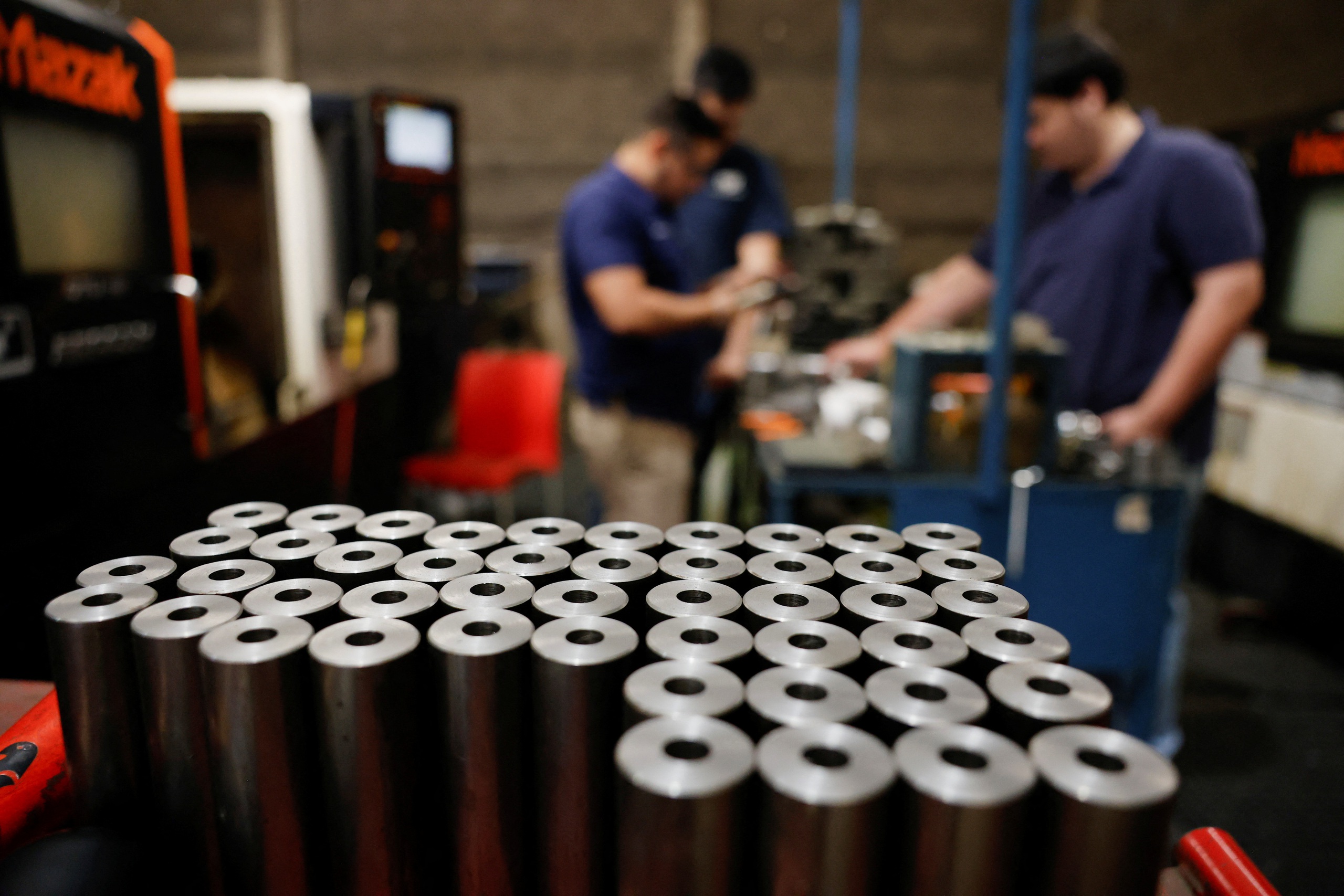
Workers at a metal mechanical parts factory in Apodaca, Mexico on March 11 - Photo: REUTERS
On March 12, US President Donald Trump's tariffs on steel and aluminum officially took effect, after previously exempted exemptions, quotas and products expired, in the context of the Trump administration's push to rearrange global trade rules in favor of the US.
The 25% import tariff on all metal imports by Mr. Trump was restored with the aim of increasing protection for domestic steel and aluminum producers of the US government.
The tariffs are also being extended to a list of finished products made from metal, from nuts and bolts to bulldozer blades to soft drink cans.
The move was welcomed by US steelmakers, as it restored the metals tariffs that Mr Trump enacted during his first term in 2018 (which had been weakened by country-specific exclusions and quotas, along with other exclusions specific to thousands of products).
“By closing the tariff loopholes that have been exploited for years, President Trump will once again galvanize the steel industry to be ready to rebuild America,” American Steel Manufacturers Association President Philip Bell said in a statement.
The US import tax on global steel and aluminum products took effect on March 11 (US time), at the same time Mr. Trump threatened to double the tax to 50% on Canadian steel and aluminum products exported to the US.
However, Mr. Trump backed off the plans when Ontario Premier Doug Ford agreed to suspend a decision to impose a 25% surcharge on electricity exports to the US states of Minnesota, Michigan and New York.
Shortly after Mr Trump's steel and aluminium tariffs took effect, the European Commission (EC) said it would respond by imposing reciprocal duties on US goods worth 26 billion euros ($28.33 billion) from next April.
The EC said it would end its current tariff suspension on US products on April 1, and introduce a new package of reciprocal measures on Washington goods by mid-month.
On the same day, British Trade Secretary Jonathan Reynolds said he was disappointed by the US's imposition of tariffs on steel and aluminum, adding that Britain was negotiating a broader economic deal with the US.
The country most affected by the US tariffs on steel and aluminum is Canada, as Ottawa is the largest foreign supplier of steel and aluminum to Washington.
Other countries such as Brazil, Mexico and South Korea are also affected, as they previously benefited from some exemptions or quotas for this item when exporting to the US.
Source: https://tuoitre.vn/my-chinh-thuc-ap-thue-25-len-nhom-va-thep-nhap-khau-20250312131724714.htm


![[Photo] Prime Minister Pham Minh Chinh chairs the Government's special meeting on law-making in April](https://vstatic.vietnam.vn/vietnam/resource/IMAGE/2025/4/13/8b2071d47adc4c22ac3a9534d12ddc17)


![[Photo] National Assembly Chairman Tran Thanh Man attends the Policy Forum on Science, Technology, Innovation and Digital Transformation](https://vstatic.vietnam.vn/vietnam/resource/IMAGE/2025/4/13/c0aec4d2b3ee45adb4c2a769796be1fd)


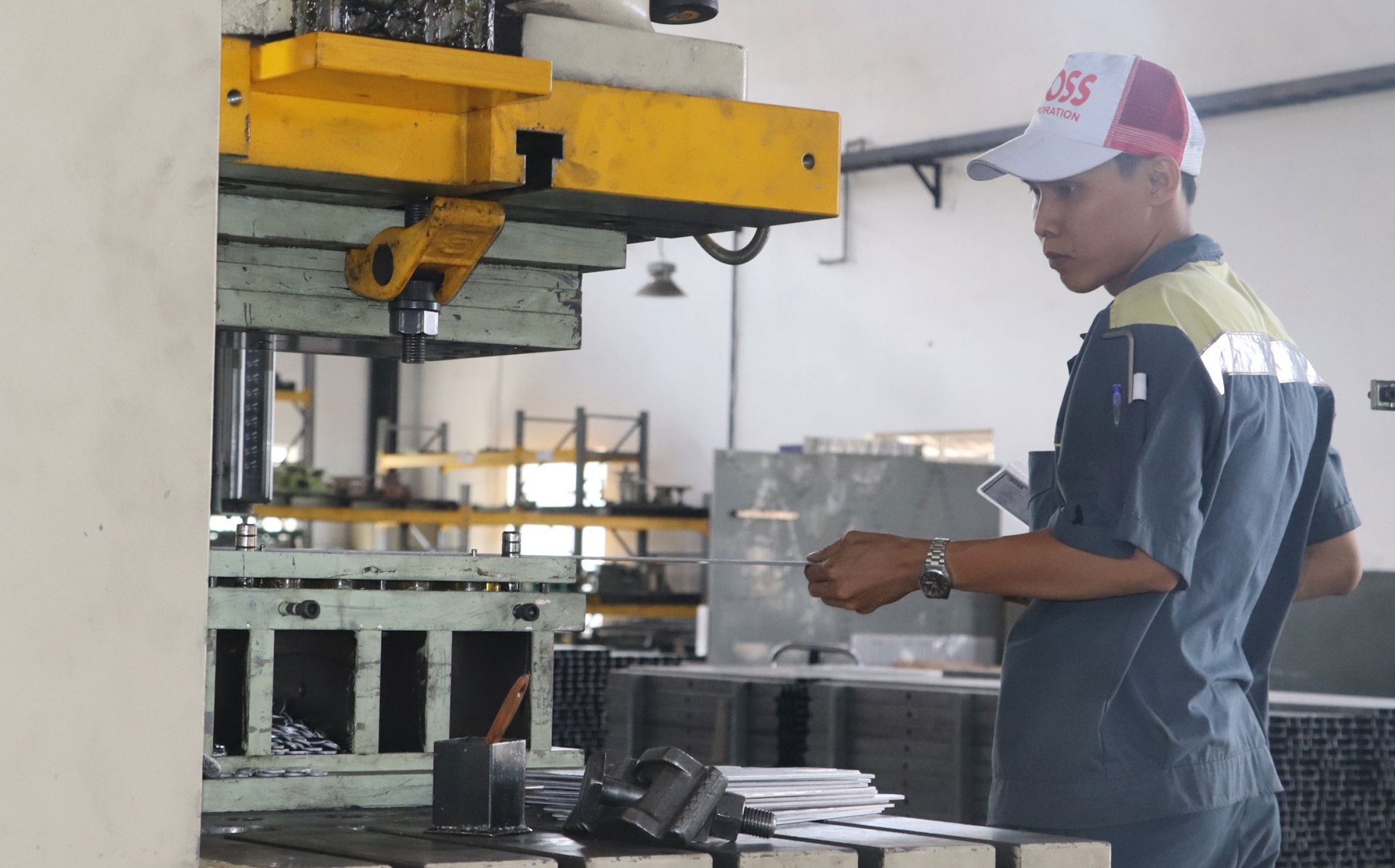

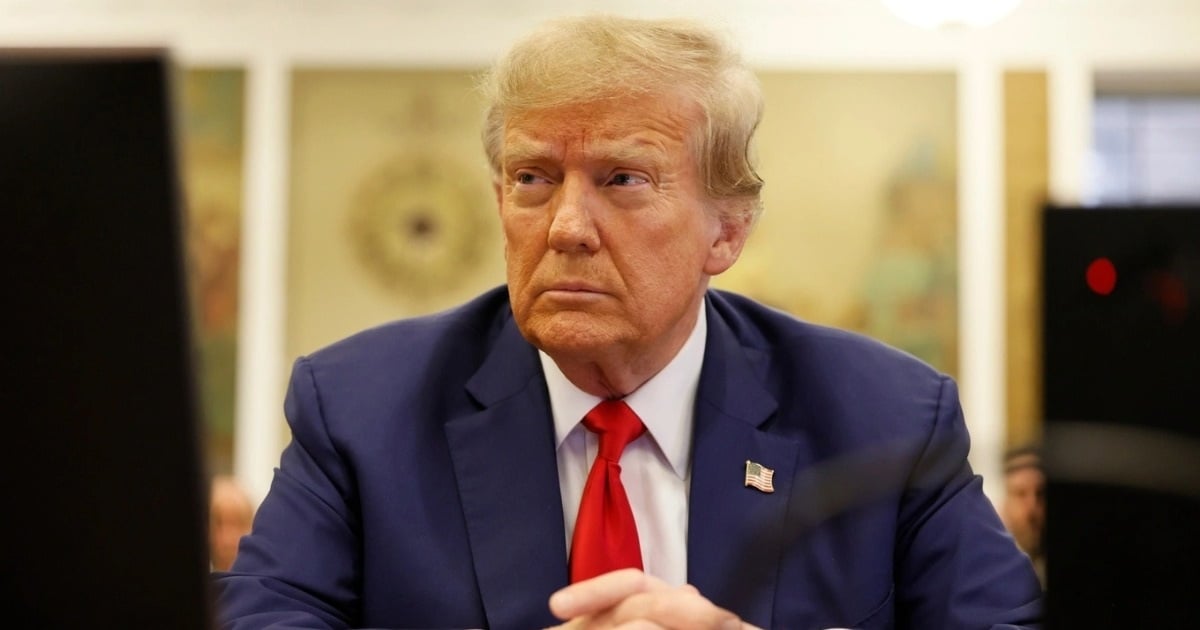

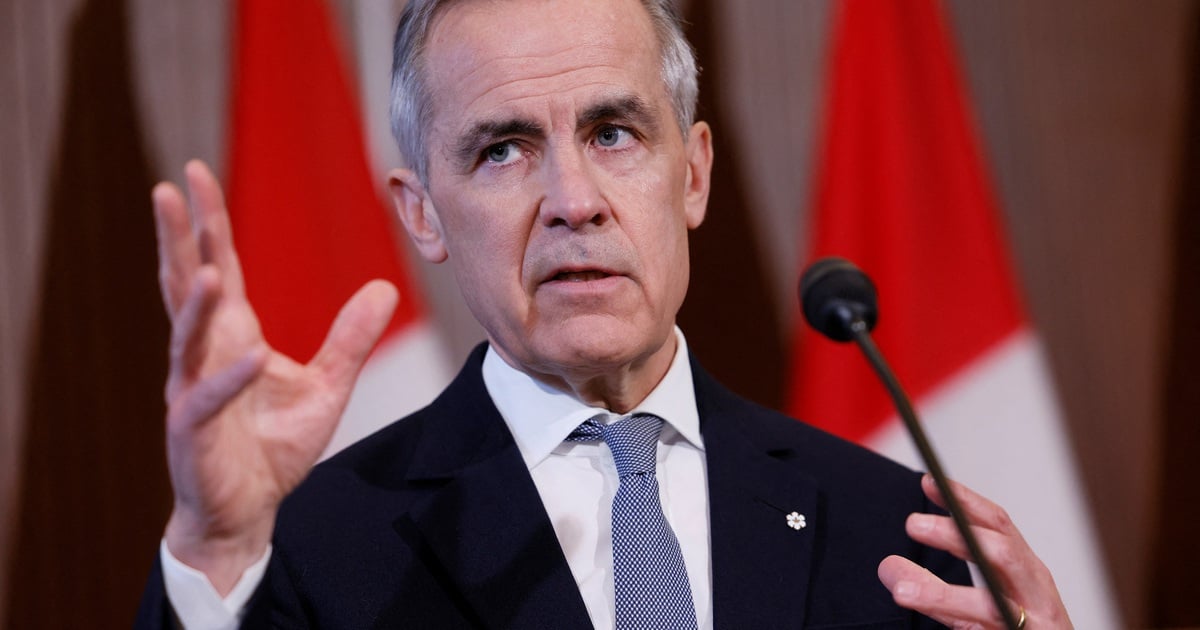

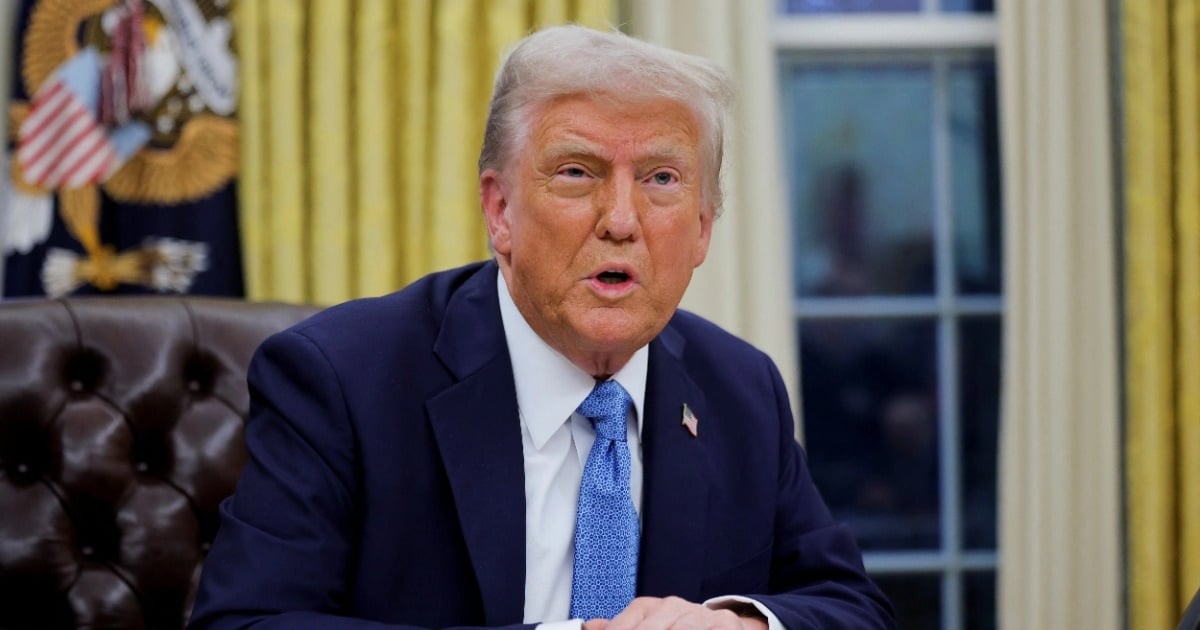
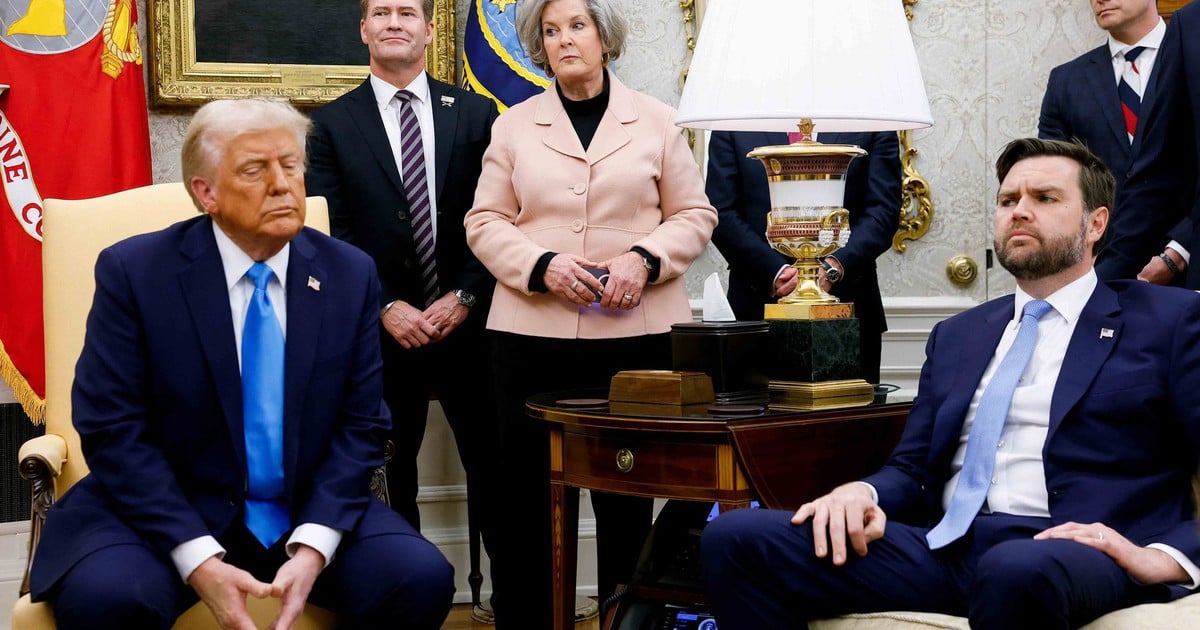














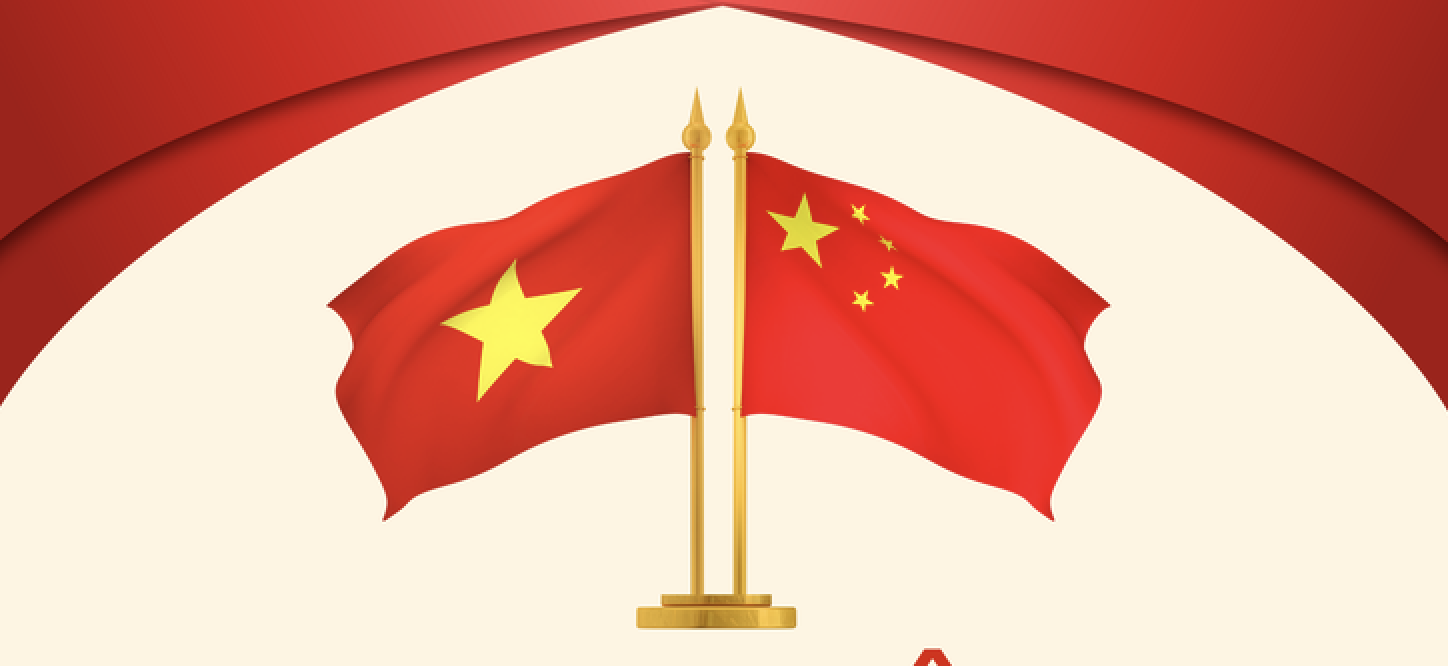



















































![[Podcast]. Kites and Childhood](https://vstatic.vietnam.vn/vietnam/resource/IMAGE/2025/4/13/a4697c2294a843f39084a21134c3feb0)











Comment (0)